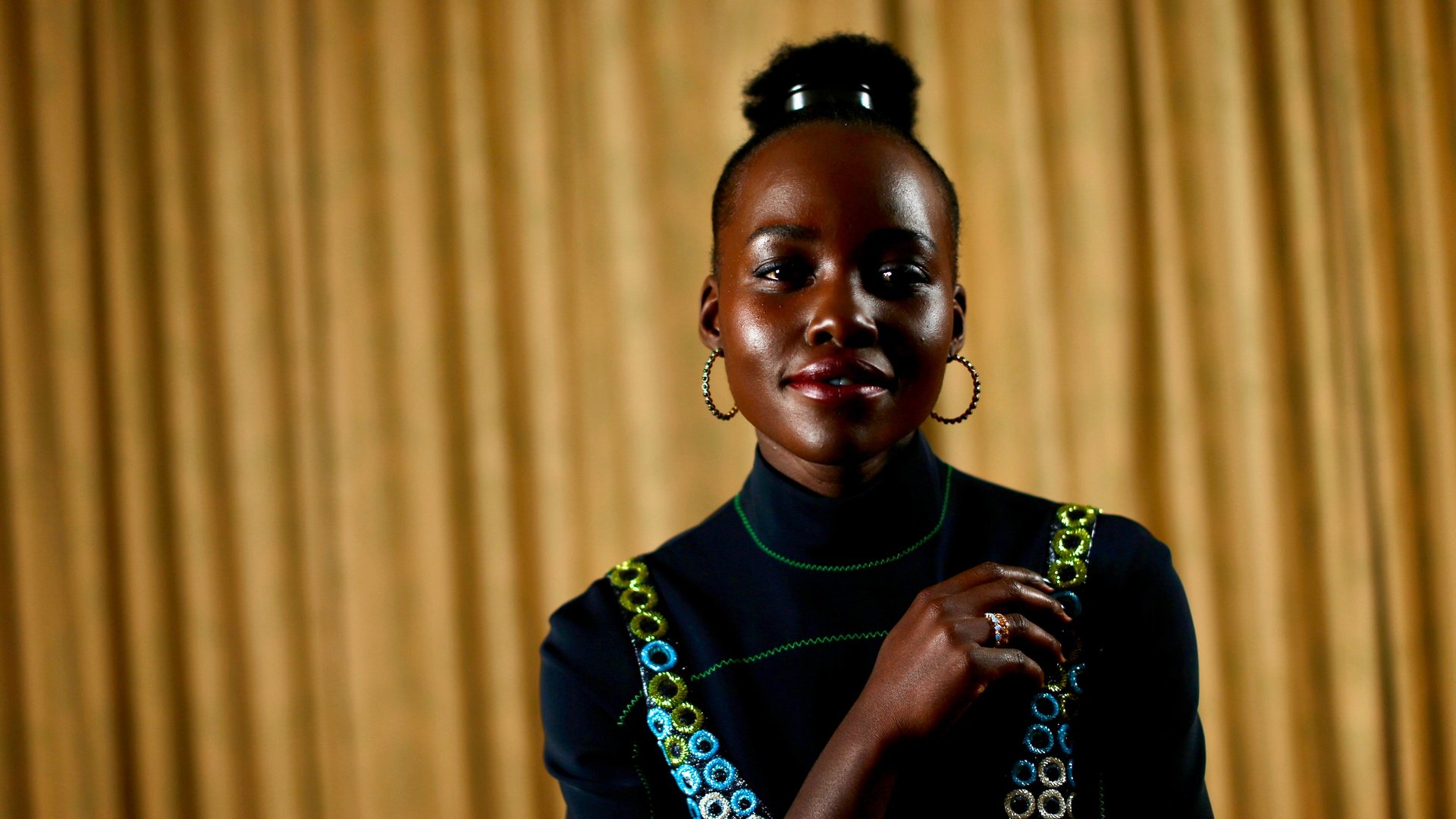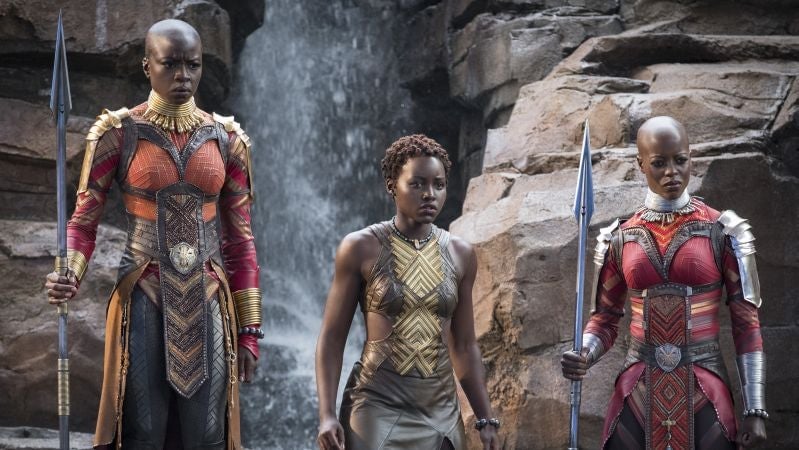Lupita Nyong’o is on course to be Hollywood’s next—and first African—super-producer
When Lupita Nyong’o told every child their dreams were valid, she meant it.


When Lupita Nyong’o told every child their dreams were valid, she meant it.
The Oscar-winning Kenyan actress is using her platform in Hollywood to tell African stories. Not only is she bringing in a new dimension to on-screen representation, Nyong’o also gets to create the kind of roles she’d like to play.
On Feb. 22, Nyong’o took to Instagram to announce that she would be starring in and producing a feature film adaptation of Trevor Noah’s autobiography, Born a Crime. In another post on Feb. 23, Nyong’o hinted at the role she would be playing with the caption “Always a pleasure to see my firend (and future #BornACrime son, sort of!)” below photos of her appearance on the Daily Show.
Noah’s book about being a biracial child in apartheid South Africa introduced his backstory to American audiences in 2016 in what the New York Times described as “raw, deeply personal reminiscences.”
This isn’t the only adaptation Nyong’o has in the works. In 2014, fresh off her Oscar buzz, Nyong’o optioned the rights to Chimamanda Ngozi Adichie’s novel Americanah. The story of two Nigerian immigrants parallel lives in the UK and US will be produced with Brad Pitt’s Plan B and is set to co-star David Oyelowo.
Sitting in the producer’s chair gives Nyong’o the kind of control over her career that few actresses have—much less a black African woman in Hollywood. For too many young actresses, an early-career Oscar has been a burden to their future work, but not Nyong’o.
In 2015, she headlined the Broadway play Eclipsed. Written by her Black Panther co-star Zimbabwean-American Danai Gurira, directed by South African-born Liesl Tommy and starring an all-female cast the play told the story of the captive wives of a Liberian rebel soldier. Her first major staring role after Twelve Years a Slave was Mira Nair’s Queen of Katwe, the story of a Ugandan chess prodigy.
Of course, blockbusters like Star Wars and The Jungle Book keep the lights on and her star bright and once in a while a film like Black Panther comes along, a film that broke barriers for racial representation and box office records. Nyongo’s inclusion of African audiences goes beyond its early premiere in her home province of Kisumu—although that certainly helps at the box office. Still, these have all been deliberate choices of an actress who seems determined to be a storyteller as much as a performer.
